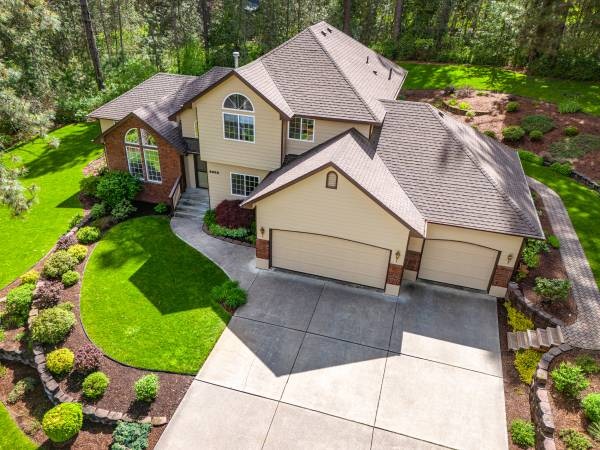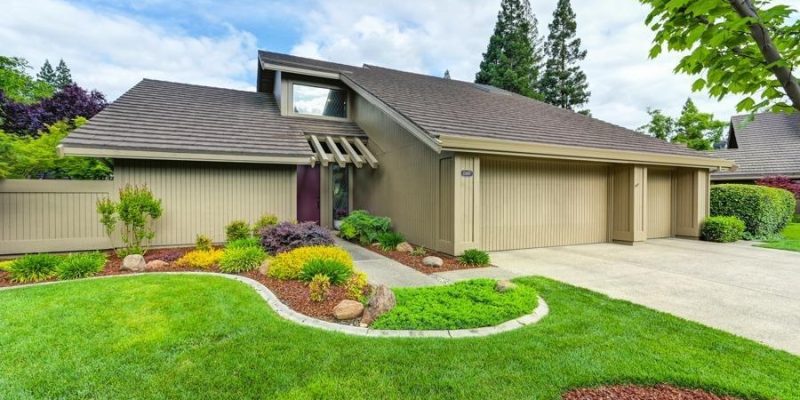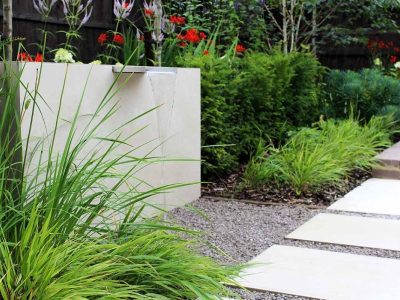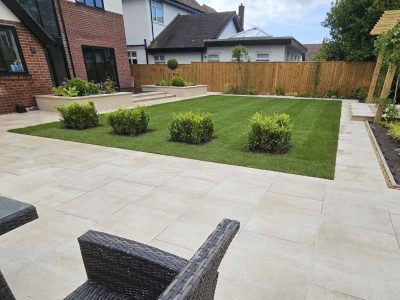In an era of increasing environmental awareness, sustainable landscaping has emerged as a crucial practice for homeowners looking to create beautiful outdoor spaces while minimizing their ecological footprint. This approach to yard design and maintenance not only benefits the environment but also offers numerous advantages for property owners. Let’s explore the key aspects of sustainable landscaping and how you can implement eco-friendly practices in your yard.

Understanding Sustainable Landscaping
Sustainable landscaping is an environmentally conscious approach to designing and maintaining outdoor spaces. It focuses on creating landscapes that are not only aesthetically pleasing but also environmentally responsible, resource-efficient, and supportive of local ecosystems.
Key Principles of Sustainable Landscaping
- Water conservation
- Use of native plants
- Soil health management
- Reduction of chemical inputs
- Energy efficiency
- Waste reduction and recycling
Benefits of Sustainable Landscaping
Environmental Benefits
Sustainable landscaping practices offer significant environmental advantages:
- Water Conservation: By using drought-tolerant plants and efficient irrigation systems, sustainable landscapes significantly reduce water consumption.
- Biodiversity Support: Native plants provide food and habitat for local wildlife, promoting biodiversity.
- Soil Health: Organic fertilization practices and proper soil management enhance soil quality and structure.
- Reduced Pollution: Minimizing the use of chemical fertilizers and pesticides helps prevent air and water pollution.
Economic Advantages for Homeowners
Adopting sustainable landscaping practices can lead to substantial cost savings:
- Lower water bills due to efficient irrigation and drought-resistant plants
- Reduced maintenance costs with native, low-maintenance plants
- Potential tax incentives or rebates for implementing eco-friendly practices
- Increased property value through enhanced curb appeal
Implementing Sustainable Landscaping Practices
- Water-Wise Landscaping
- Install rainwater harvesting systems
- Use drip irrigation for targeted watering
- Group plants with similar water needs together
- Apply mulch to retain soil moisture
- Native Plant Selection
- Choose plants native to your region
- Create diverse plant communities to support local ecosystems
- Incorporate pollinator-friendly plants to attract beneficial insects
- Sustainable Soil Management
- Use compost to enrich soil naturally
- Practice minimal tilling to preserve soil structure
- Implement cover cropping to prevent erosion and add nutrients
- Eco-Friendly Pest Management
- Encourage natural predators of garden pests
- Use organic pest control methods when necessary
- Practice companion planting to deter pests naturally
- Energy-Efficient Design
- Plant trees strategically for natural cooling and windbreaks
- Use solar-powered landscape lighting
- Incorporate permeable paving to reduce runoff and heat island effects
Overcoming Challenges in Sustainable Landscaping
While the benefits of sustainable landscaping are clear, homeowners may face some challenges:
- Initial costs of transitioning to sustainable practices
- Learning curve for new gardening techniques
- Potential resistance to change in landscape aesthetics
However, these challenges can be overcome with proper planning, education, and a long-term perspective on the benefits.
Conclusion
Sustainable landscaping offers a powerful way for homeowners to contribute to environmental conservation while creating beautiful, low-maintenance outdoor spaces. By implementing water-wise practices, choosing native plants, and adopting eco-friendly maintenance techniques, you can transform your yard into a sustainable oasis that benefits both your property and the planet.As we move towards a more environmentally conscious future, sustainable landscaping practices will continue to evolve and gain importance. By embracing these eco-friendly approaches now, you’re not only enhancing your property but also contributing to a healthier, more sustainable world for generations to come.













Comments